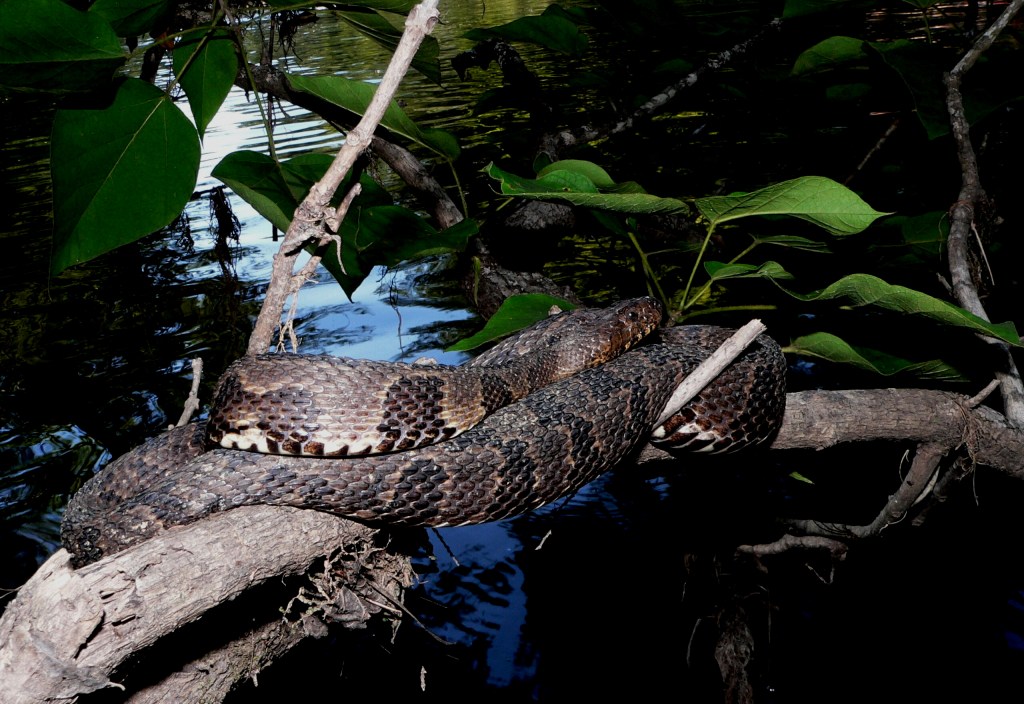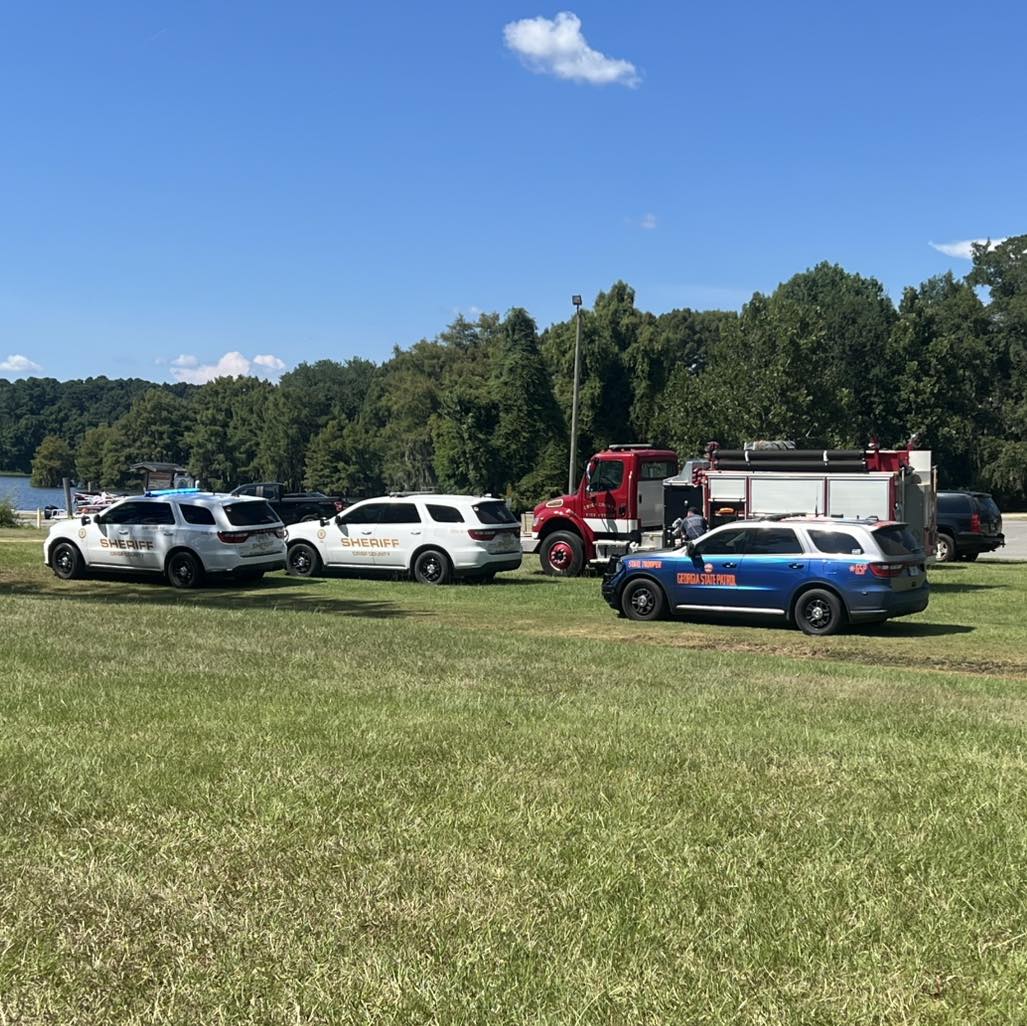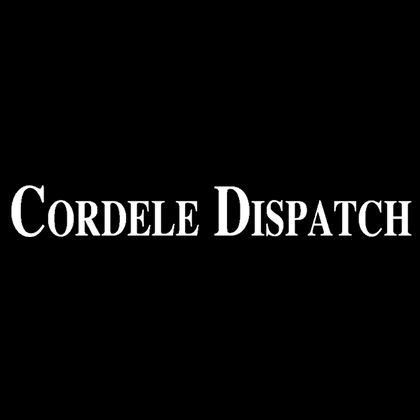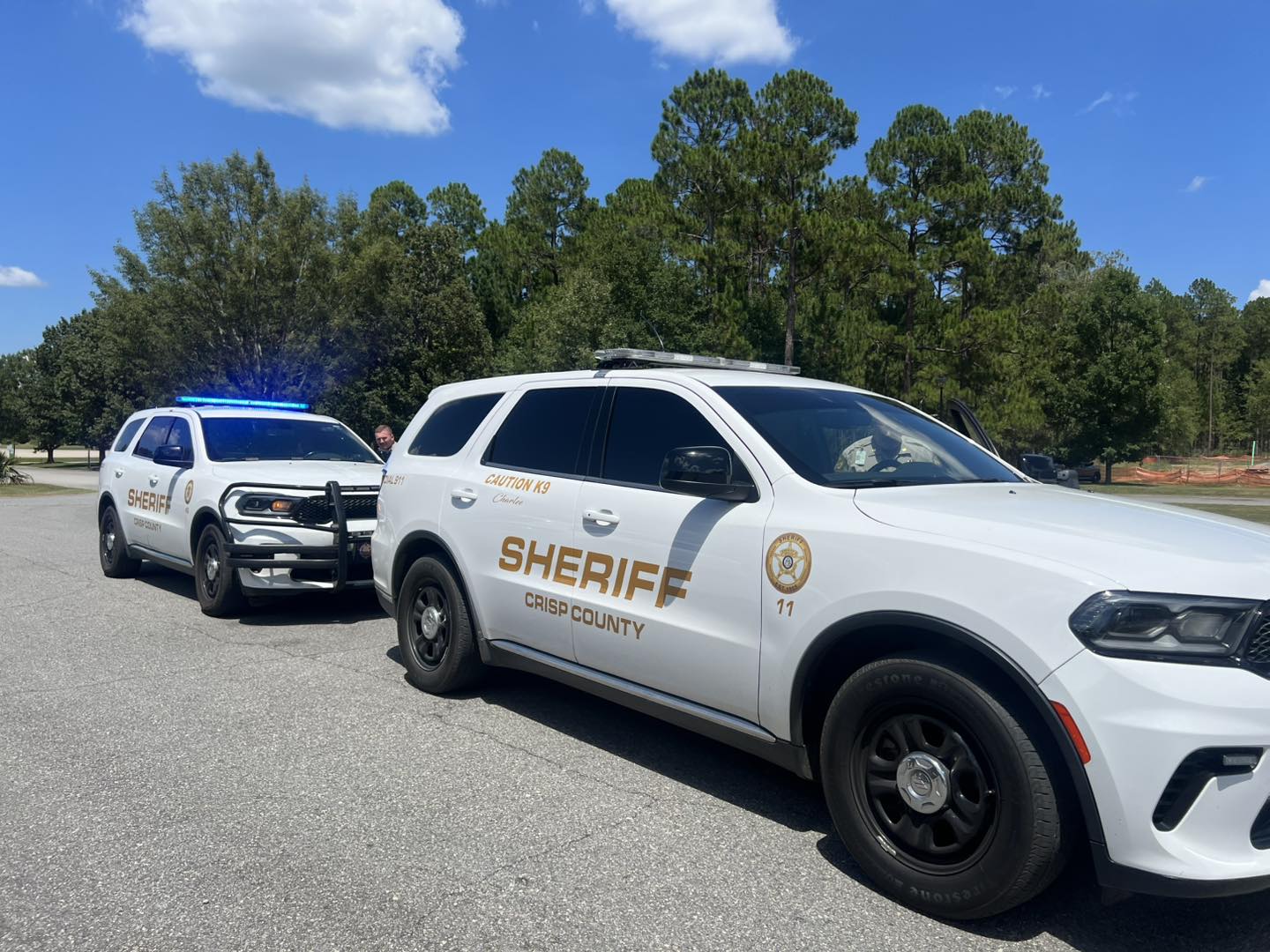Georgia DNR : What to do when you see a snake
Published 10:11 am Tuesday, March 26, 2024
|
Getting your Trinity Audio player ready...
|
Staff Reports
FORSYTH, Ga. (March 26, 2024) – As spring warms up, snakes are moving and Daniel Sollenberger’s phone is ringing. As state herpetologist for the Georgia Department of Natural Resources, Sollenberger is a go-to for snake questions. In the spring, most of those questions center on two topics: What species is this and what should I do? As for the first, seldom is the snake a venomous species, according to Sollenberger, a senior wildlife biologist with DNR’s Wildlife Conservation Section. Whether it’s venomous, of course, is the worry or fear underlying most of the questions. Chances are it’s not. Only seven of the 47 species native to Georgia are venomous and only one – the copperhead – usually thrives in suburban areas, which is where many Georgians live. “With spring, a variety of wildlife species become active and visible in and around our homes, yards and gardens, including snakes,” Sollenberger said. “While seven of Georgia’s snake species can be dangerously venomous to humans, the 40 other species are nonvenomous, completely harmless and actually protected by state law.”
Which brings us to the second question: What should you do, or not do, if you see a snake?
- First, do not attempt to handle the snake. Give it the space it needs.
- You can try to identify it from a distance. Resources such as https://georgiawildlife.com/georgiasnakes, which includes DNR’s “Venomous Snakes of Georgia” brochure, can help.
- Remember that snakes are predators that feed on small mammals, amphibians, insects and even other snakes. There is no need to fear nonvenomous snakes. Also, as Sollenberger mentioned, Georgia’s native nonvenomous species are protected by state law. One – the eastern indigo – is even federally protected.
- If a clearly identified venomous snake is in an area where it represents a danger to people or pets, visit https://georgiawildlife.com/preventing-wildlife-conflicts for a list of private wildlife removal specialists. Most bites occur when a snake is cornered or captured and defending itself.
Trending
Nonvenomous snakes such as scarlet kingsnake, eastern hognose and watersnake species are frequently confused with their venomous counterparts – coral snakes, rattlesnakes and water moccasins, respectively. Although pit vipers, which include all venomous species native to Georgia except for coral snakes, are often identified by their broad, triangular-shaped heads, many nonvenomous snakes flatten their heads when threatened, which can make their heads appear triangular-shaped. Also, some nonvenomous species have color patterns similar to venomous snakes.
The bottom line: While it’s likely not venomous, use caution around any unidentified snake. “To keep yourself safe and allow our native wildlife to thrive,” Sollenberger said, “give all snakes the space they require and the ability to escape on their own.”
For more on Georgia’s snakes, visit https://georgiawildlife.com/georgiasnakes. “Amphibians and Reptiles of Georgia” (University of Georgia Press) also provides a comprehensive reference.
SNAKE INSIGHTS
- Venomous vs. poisonous: Venom is a toxic substance. But a key difference when the terms are used to describe organisms is how the toxin is delivered. Venomous animals inject theirs by biting, stinging or sticking – think venomous snakes, wasps and stingrays. Poisonous species, such as poison frogs, deliver toxins passively, such as when they’re eaten or through skin secretions when they are touched.
- Benefits: While some snakes eat rodents and even venomous snakes, others prey on creatures some Georgians also may not want near their homes. Brown and red-bellied snakes, for example, feed on snails and slugs, the bane of gardeners. Crowned snake species primarily eat centipedes.
- Baby snakes? Snakes such as earth and brown snake species are small (usually less than 12 inches long) and homeowners occasionally mistake them as juveniles. The common concern here: Are the parents nearby? Some snake species are live-bearers and some are egg-layers. But most snakes do not exhibit parental care. If there are parents, they are not watching over their offspring.
- Prevention: To reduce the potential for snakes near your home, remove brush, log piles and other habitat features that attract mice, lizards and other animals on which snakes prey.
HELP CONSERVE WILDLIFE
From eastern indigo snakes to bald eagles, DNR’s Wildlife Conservation Section works to conserve rare and other Georgia wildlife not legally fished for or hunted, as well as rare plants and natural habitats. The agency depends primarily on fundraisers, grants and contributions. That makes public support key.
Trending
Georgians can help by supporting the state’s Nongame Wildlife Conservation Fund. Here’s how:
- Buy a DNR eagle or monarch butterfly license plate, or renew one of the older plate designs, including the hummingbird. Most of the fees are dedicated to wildlife. Upgrade to a wild tag for only $25! Details at https://gadnr.org/license-plates.
- Donate at https://www.gooutdoorsgeorgia.com. Click “Licenses and Permits” and log in to give. (New customers can create an account.) There’s even an option to round-up for wildlife.
- Contribute to the Georgia Wildlife Conservation Fund when filing state income taxes – line 30 on form 500 or line 10 on form 500EZ. Giving is easy and every donation helps.
- Donate directly to the agency. Learn more at https://georgiawildlife.com/donations.
- Purchase a hunting or fishing license. A one-day, $5 hunting/fishing license returns to Georgia wildlife that fee plus about $45 in federal excise taxes paid by hunters and anglers nationwide.
To see how your support helps wildlife, go to https://georgiawildlife.com/conservation/annualreport.






